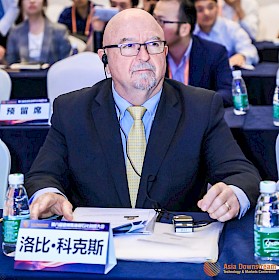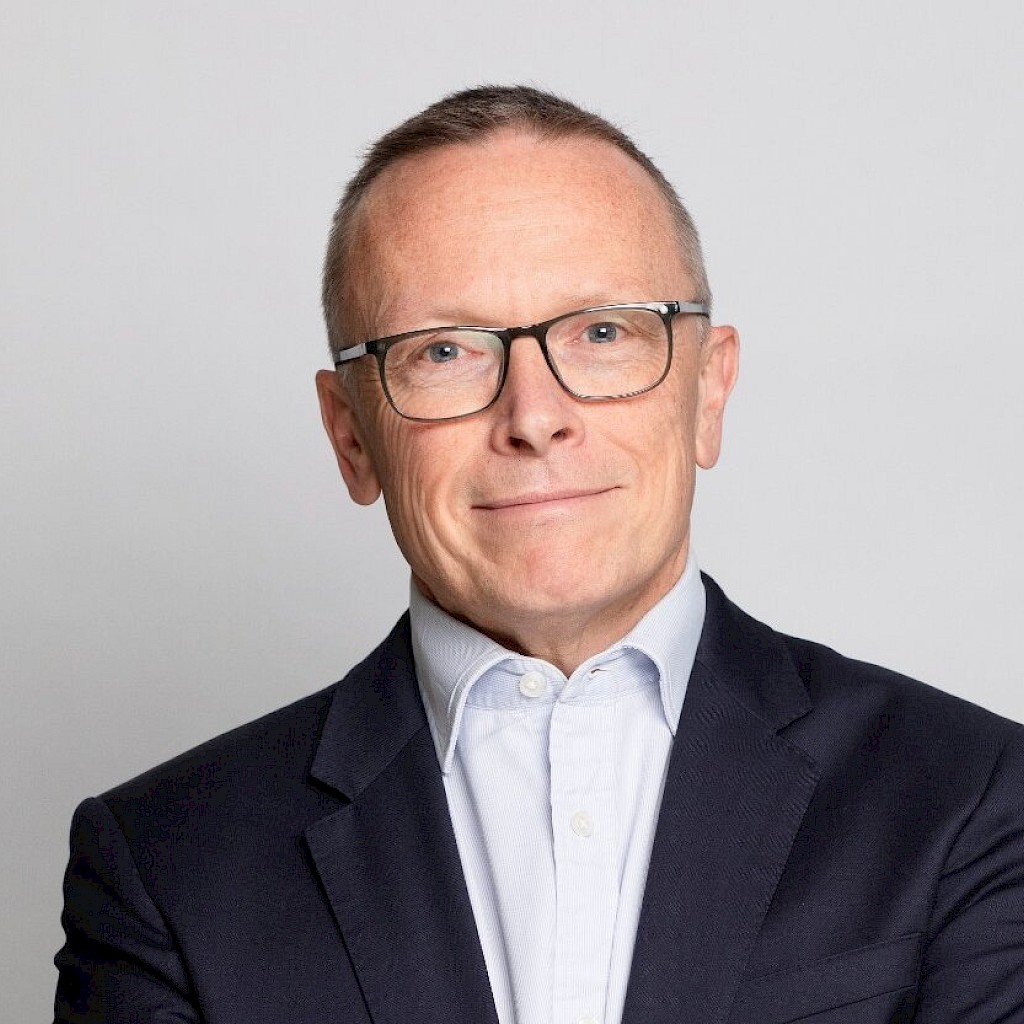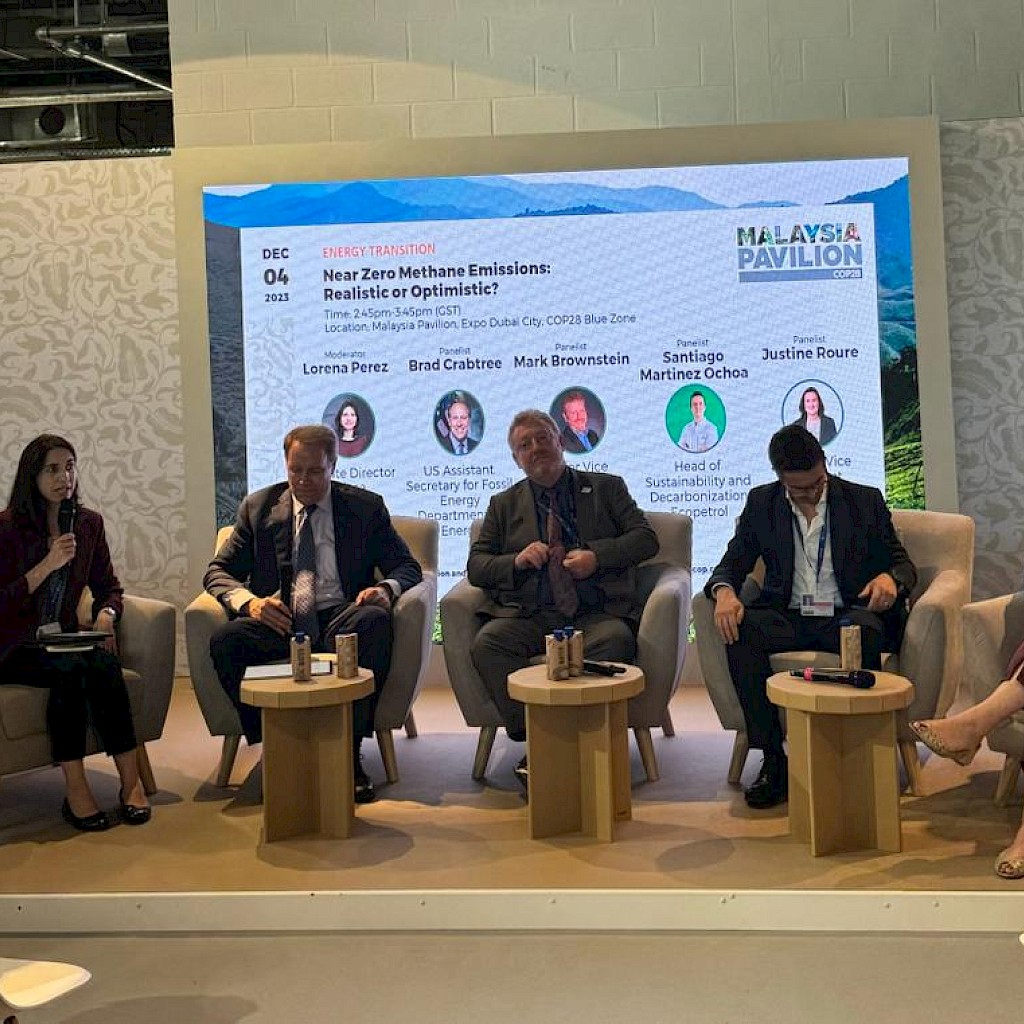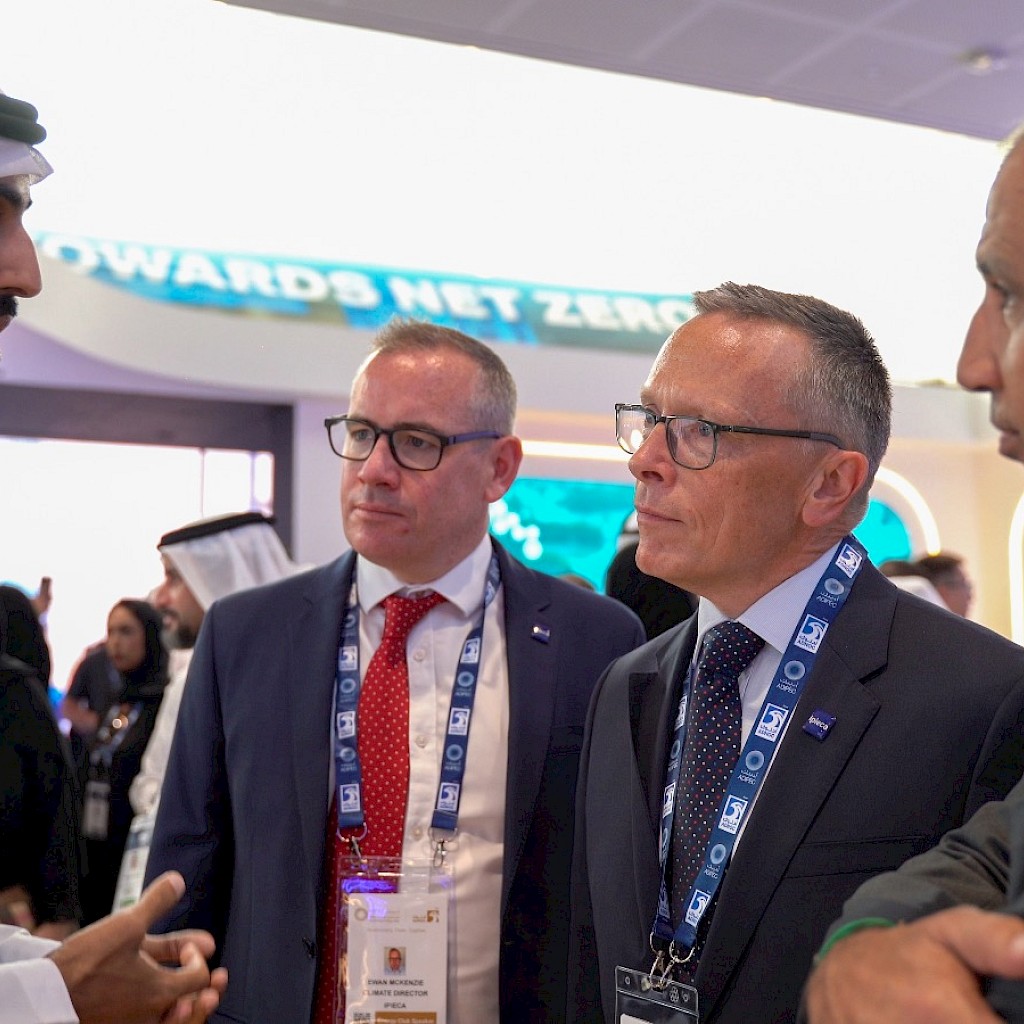 Ipieca technical director Rob Cox reflects on 20 years with Ipieca.
Ipieca technical director Rob Cox reflects on 20 years with Ipieca.
'Awali? Where's that?' said the immigration officer doubtfully, as I handed him my passport on my last trip. It was a familiar question. I explained I was born in Awali, an oil worker camp on Bahrain, a small island in the Middle East with an oil refinery where my father worked. The camp had a small school for the children before they went to boarding schools in Europe and the US; many of the children - like me - would eventually go on to work in the industry as well. Although the refinery was owned by Caltex, a Chevron-Texaco joint venture, my father aspired for me to join bp. So of course being a rebellious child I did exactly the opposite and after short stints at Halliburton and an environmental research institute, I joined Caltex South Africa in 1989 and at its Cape Town Refinery I cut my teeth on environmental and occupational health management.Looking back, I can say it was like joining a family and I was happily 'living to work', rather than the other way round.
I first heard about Ipieca in 1992 when I was transferred to the Caltex head office in Dallas and I was immediately curious: here was an association in London that shared good environmental practices between oil companies and provided a link to the United Nations, global regulatory agencies and the international development banks. Indeed from what I could understand, the United Nations Economic and Social Council, having received approaches from many individual oil companies had actually requested the industry to form its own association to liaise with the UN Environment Programme in 1974, leading to the creation of Ipieca. I clearly remember hearing the phrase 'licence to operate' - now part of the industry lingua franca but a revelation to me at the time - when I was assigned to cover several Ipieca meetings in the US and met the staff first-hand. I knew I was hooked, but it was to be nearly 10 years and several assignments later (covering Kenya, South Africa and Bahrain) before an opening in Ipieca saw my wife and I on a flight to London, joining Ipieca on 1 February 2001.
My initial impressions were mixed: the office was then in a difficult to find building above a pharmacy near Paddington station. It housed a small but dedicated cadre of staff with a massive social conscience that really wanted to help the industry improve its environmental and social performance - even 20 years ago - and yet again, I felt like I was joining another family. As I complete 20 years with Ipieca and look ahead to my retirement next year, it's natural to take stock. Have we made a difference? How has the industry enhanced its environmental and social performance and how has Ipieca managed to support this?
To answer that question it's helpful to break it down further, starting with Ipieca's remit. When I first arrived 20 years ago, Ipieca's remit was as you would expect from an organization that called itself the International Petroleum Industry Environmental Conservation Association, a mouthful that led one wag to suggest that it should be shortened to prevent increases in CO2 emissions simply by saying it. Ipieca concentrated on helping its members with operational aspects of environmental issues such as prevention and clean-up of oil spills from tankers, refinery wastewater discharges and air emissions, cleaner fuels and air pollution, and the then radical issue of climate change, with a working group formed in the early 90s.
Social responsibility was also starting to make headway as companies asked us to support them in how they engaged with local communities where they had operations and the Social Responsibility Working Group was formed in 2002, shortly after my arrival. I believe the evidence in the growth of social responsibility and human rights activities as opposed to a previous focus on purely technical activities in Ipieca reflects both an increase in environmental technical competence within the members, as evidenced for example by the decade on decade decline in oil spills from tankers, and the growth of a culture of respect and ownership within the industry of environmental and social issues.
So too has the need for Ipieca to use its UN links to help its members embrace the UN Sustainable Development Goals (SDGs) through projects such as the Ipieca-UNDP-IFC Mapping the oil and gas industry to the Sustainable Development Goals: An Atlas, and help members play their role in the energy transition - with Ipieca a trusted partner in this process.
Nowadays we travel less and communicate more - our staff come from and often reside in all corners of the globe and are a trusted and valued resource. On a personal level, the industry has changed in many ways, as well as the way in which people in the industry think and act. We now work in a fit for purpose, energy efficient and focused modern office in the heart of London, but one thing that hasn't changed is the dedication and commitment of the staff I work with - it is no different to when I started 20 years ago in that somewhat functional office above the pharmacy near Paddington.
I was recently asked two questions: would I change anything, and what was my proudest achievement? I replied that I would have tried to travel less and be with my amazing family more - I know I didn't always get that right. But the work that I did on behalf of Ipieca in support of the UN Partnership for Clean Fuels and Vehicles to phase out leaded gasoline, first in Africa and then globally - along with the friendships I made in the process - will stay with me forever.



